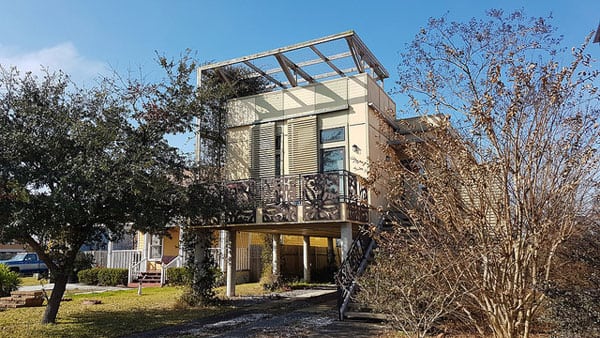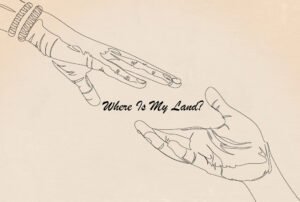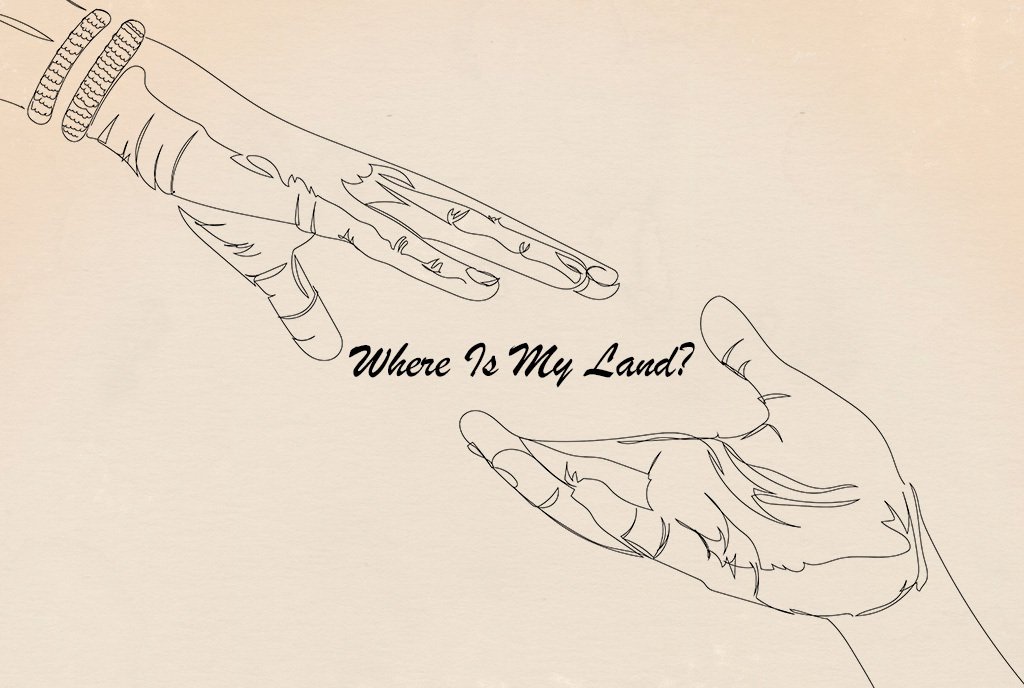
September 8, 2018; Times-Picayune (New Orleans, LA)
Celebrities often play significant roles when disasters hit, contributing their names, reputations, and financial resources at a time when the need is great, and support must be raised quickly.
For example, while the US government has done appallingly little to help Puerto Ricans still struggling with the aftermath of Hurricane Maria, a number of deep-pocket celebs—mostly Latinx—stepped up early. Not only did Jennifer Lopez promote fundraising initiatives on Univision and Telemundo, but the singer also announced she would donate $1 million of proceeds from a Las Vegas show to the island.
And after Hurricane Harvey, a long roster of celebrities got involved. Singer Beyoncé, a Houston native, launched what she called the “BeyGood” campaign, setting up a page on her website to raise funds for two charities: Bread of Life and the Greater Houston Community Foundation.
However, when celebrities go beyond raising money and awareness for charities in the business of providing relief, it can become risky for everyone involved. Social media star Jake Paul loaded up a U-Haul and announced on Twitter that he was roaming around flooded Houston on a Jet Ski. Houston rapper Trae tha Truth set out in a boat to rescue people. Dallas Mavericks owner Mark Cuban lent his team’s private plane to deliver aid and essential supplies. Singer Pitbull did the same for Puerto Rico, sending his private jet to the island to help fly out cancer patients to the US mainland so they could continue their chemotherapy. Daring? Yes. But just imagine the litigation or reputation damage that could occur if someone was injured or killed in the course of such actions.
Now, actor Brad Pitt has discovered that risk firsthand. His attempt to “make it right” in New Orleans following Hurricane Katrina culminated in a lawsuit filed by residents living in the homes built by his foundation. Their claim: the homes are substandard and falling apart.
Pitt founded the Make It Right Foundation in 2007 to aid in the environmentally friendly rebuilding of New Orleans’ historically disenfranchised Lower 9th Ward. (The foundation now also works in Newark, New Jersey; Kansas City, Missouri; and the Fort Peck Reservation, Montana.) The immediate goal was to build 150 affordable, safe, “green” homes so residents could return to their flooded neighborhood. NPQ covered some of the problems that emerged after development in 2015, but these have evidently worsened significantly of late.
Sign up for our free newsletters
Subscribe to NPQ's newsletters to have our top stories delivered directly to your inbox.
By signing up, you agree to our privacy policy and terms of use, and to receive messages from NPQ and our partners.
No one denies that Pitt himself truly cares about New Orleans and the neglected residents of the 9th Ward. Gloria Guy, 72 and the first to move in to one of the new homes, told the New Republic: “The only person who came through here and worked with the people was Brad Pitt. The Prince of Wales came down here, and boy he was in the helicopter looking at us hanging on the roof, and then he took off in a jet and kept going.”
However, the emphasis of the foundation has been on making a statement—employing avant garde architects to develop original designs and acting as a “laboratory for the testing of new construction techniques, technologies, and materials,” for example. According to the lawsuit, filed on behalf of two residents but as a proposed class action, the result is that the houses were “deficiently constructed and built” with “defective products” that caused mold, poor air quality, structural failures, faulty heating, ventilation and cooling, electrical malfunctions, plumbing mishaps, and rotting wood.
To date, the foundation has remained publicly silent. However, after a spate of negative news coverage, the suit says, Make It Right handed homeowners nondisclosure agreements requiring arbitration before it would agree to make repairs. The documents were not appropriately explained to owners, thus “fraudulently” depriving homeowners of “important legal rights while the homeowners are under duress.” The lawsuit includes a section of Make It Right’s 2013 tax filings, in which the foundation cited $4.3 million in “warranty and repair liabilities.”
Pitt himself has been silent as well.
“Where is Mr. Pitt?” neighbor Doris Wyman asked a reporter for the Times-Picayune. “I wonder, if he saw that house, what would be the first words out of his mouth?”
Pitt has contributed significantly to post-disaster response beyond Katrina. For example, Pitt and actress Angelina Jolie contributed $1 million to the effort of Doctors Without Borders to assist Haiti in the wake of its 2010 earthquake. But all those good intentions can be tarnished quickly when they go awry. One wonders if all of this could have been avoided if Pitt had instead supported the work of local community development nonprofits with deep and strong roots in construction and affordable housing.
A 101 course in crisis communications teaches that it’s best to own one’s mistakes early and visibly. When will Pitt speak out?—Pam Bailey












